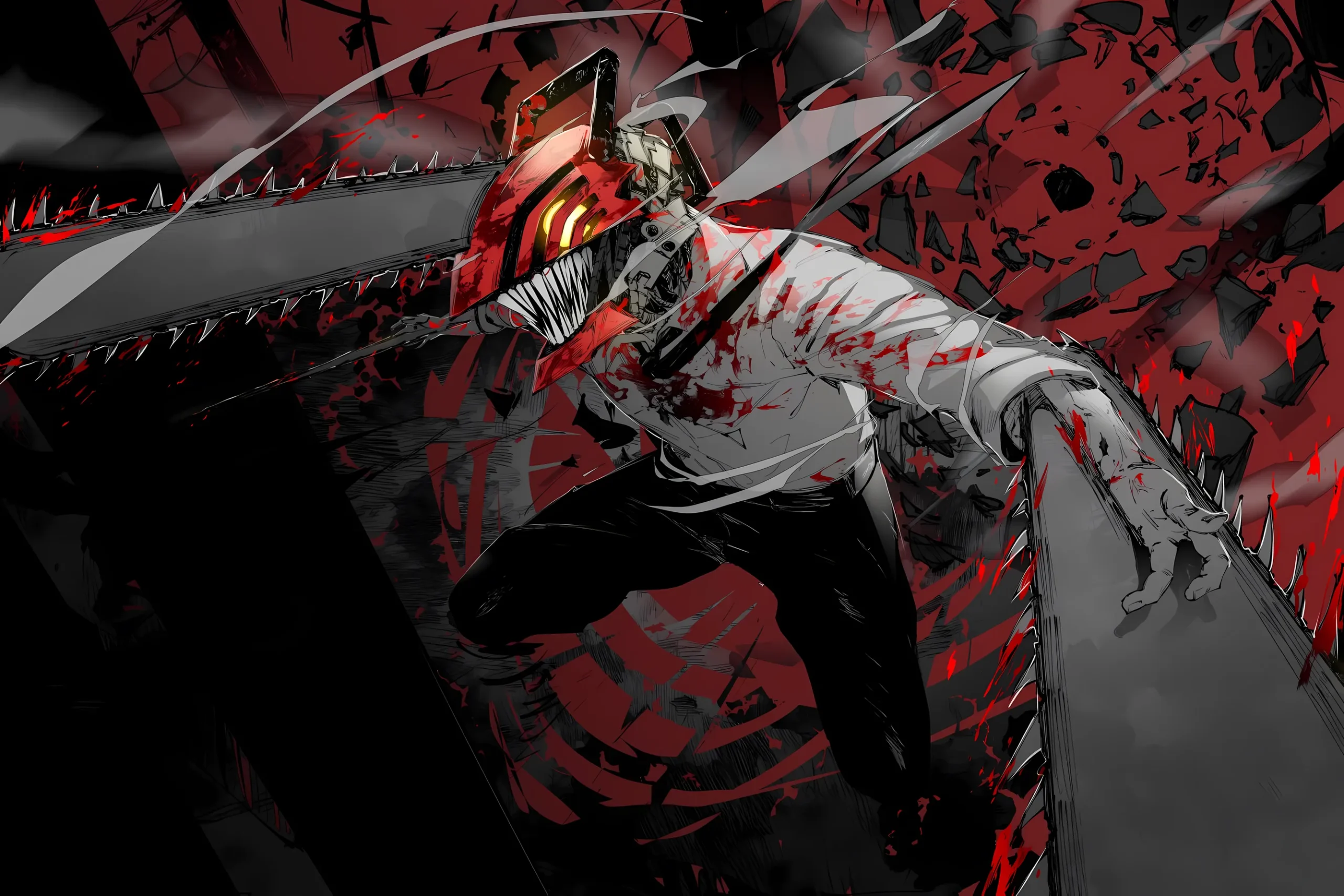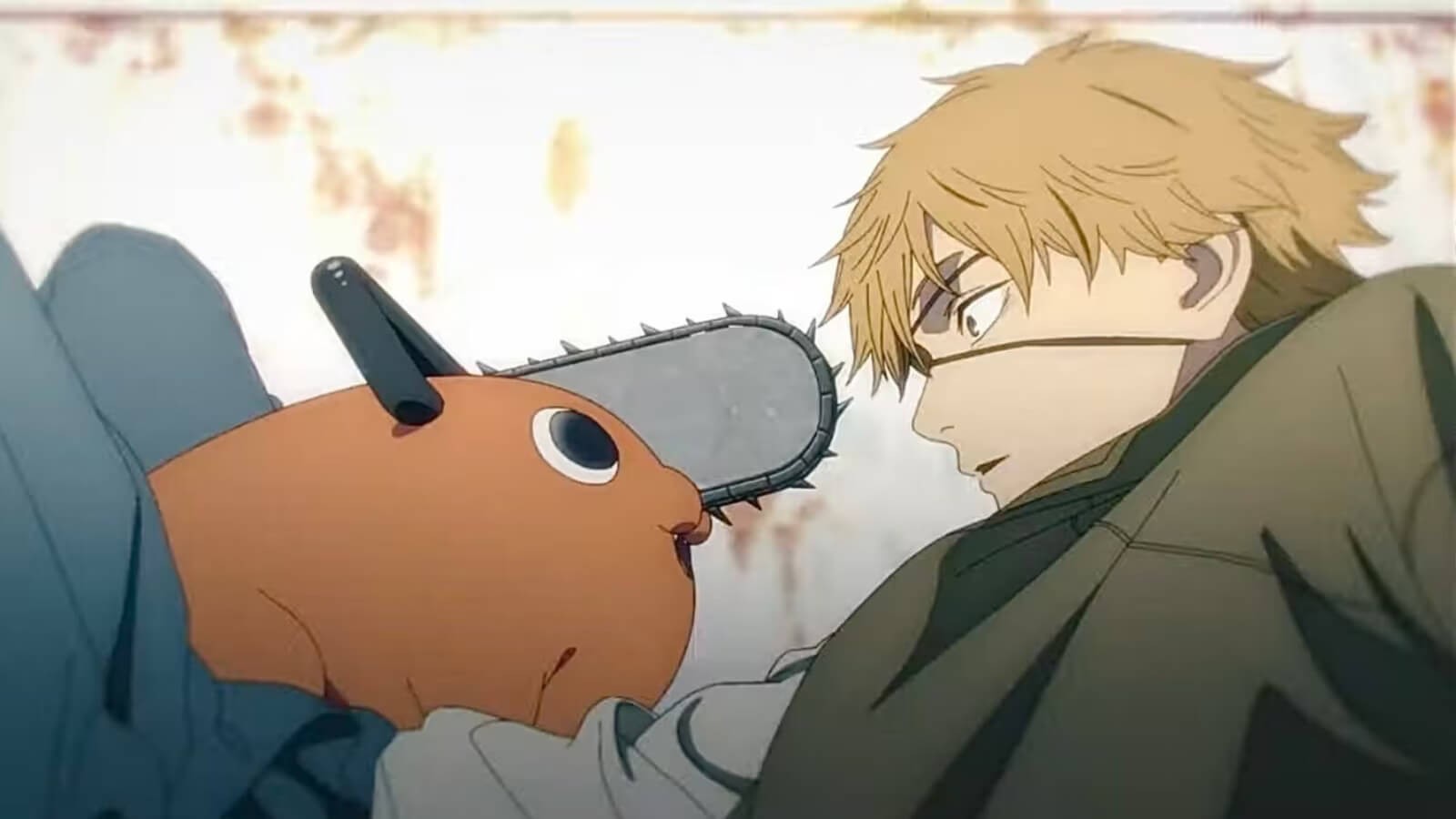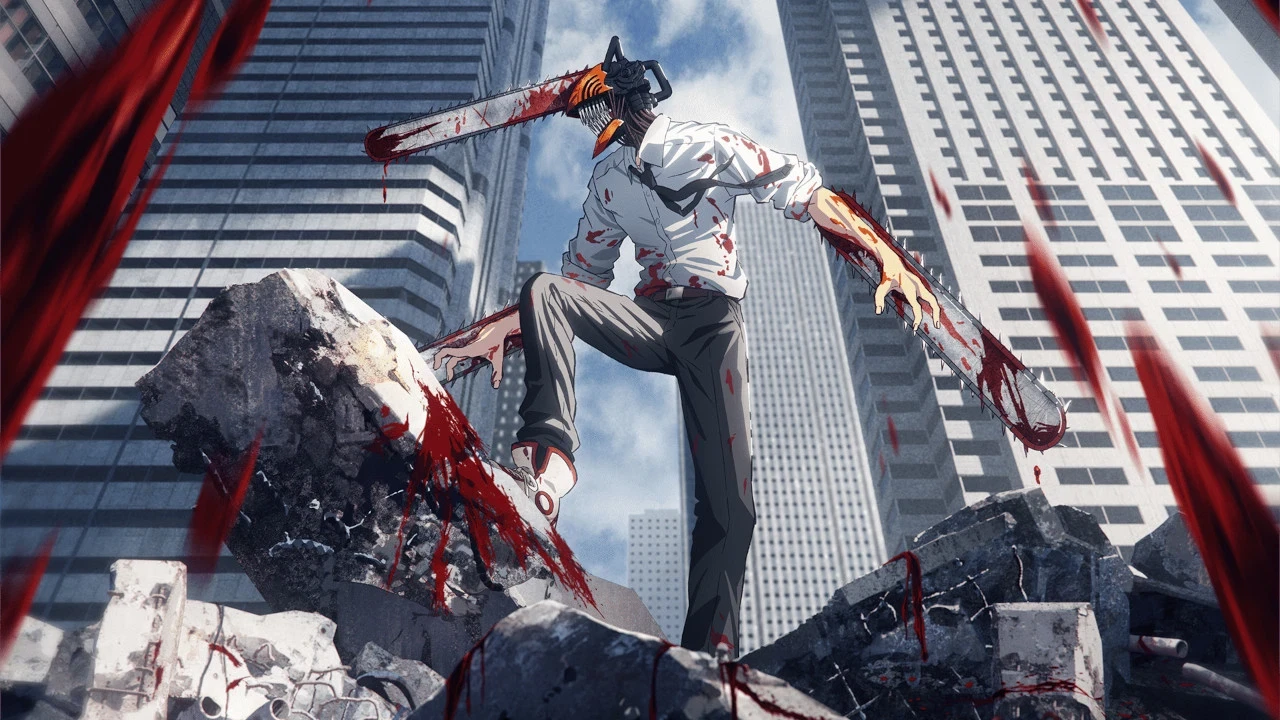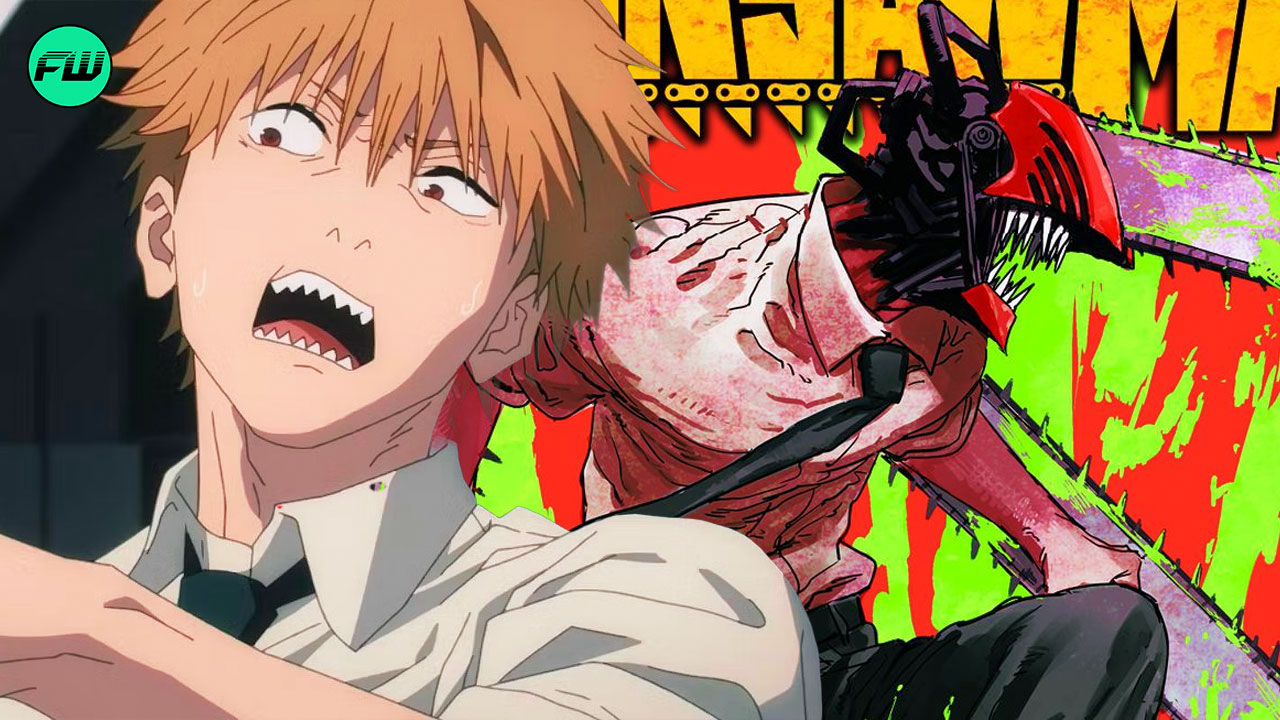Chainsaw Man chapter 150, which came out this week, is getting praised by fans as Tatsuki Fujimoto’s best writing in the second part of the story. The main moment in this chapter is about Denji and Pochita, and it marks the end of Denji’s character development.

In chapter 150, Denji accepts his normal life and achieves his first dream. He talks about this with Pochita and realizes how important it is. But when Pochita asks about Denji’s next dreams, it leads to a big revelation.
Denji says he wants to keep being Chainsaw Man in his next dream. Tatsuki Fujimoto’s storytelling is great not just because of Denji’s clear answer but also because of the surprising event that happens right after.
This makes Chainsaw Man chapter 150 the high point of Denji’s character growth, showing Fujimoto’s talent in telling a powerful coming-of-age story that’s better than many other shonen works.
Also Read: 1 Fairy Tail Character Shares an Extremely Similar Storyline to Chainsaw Man’s Aki Hayakawa
Denji’s Response in Chainsaw Man Chapter 150 Marks the Apex of Character Evolution
Denji’s answer in Chainsaw Man chapter 150 is crucial because it marks the peak of his character development. The context is that Denji and Nayuta are returning home after destruction caused by Denji’s role as Chainsaw Man.

In a conversation with Pochita, Denji expresses his new dream to be Chainsaw Man. Right after, they discover their apartment in flames with their pets likely dead. This holds great significance as the apartment represented Denji’s normal life, and he had daydreamed about a regular life earlier.
Throughout the series, Denji achieved various dreams, but they brought little joy. His dream of a normal life was forced, as recent chapters revealed his deep depression. The burning of the apartment liberates him from this facade, especially since he just declared his new dream of being Chainsaw Man.
A Revelation of True Happiness and Fresh Beginnings as Denji Embraces the Flames of Renewal
In Chainsaw Man chapter 150, it seems like being Chainsaw Man is the dream that can truly make Denji happy. After this realization, when Denji’s apartment burns down, it’s like the author, Fujimoto, is suggesting that Denji can start fresh without worrying about his past.

Denji’s journey toward personal happiness through growth is a crucial part of his character development. Admitting that being Chainsaw Man is his dream and leaving behind his old life marks a significant point in his story.
Whether Denji takes this chance remains to be seen, but if he does, it could lead him to the happiness he and Pochita desire.
Also Read: Chainsaw Man’s Tatsuki Fujimoto Confirms 1 Movie of Superman Actor He Absolutely Loves


